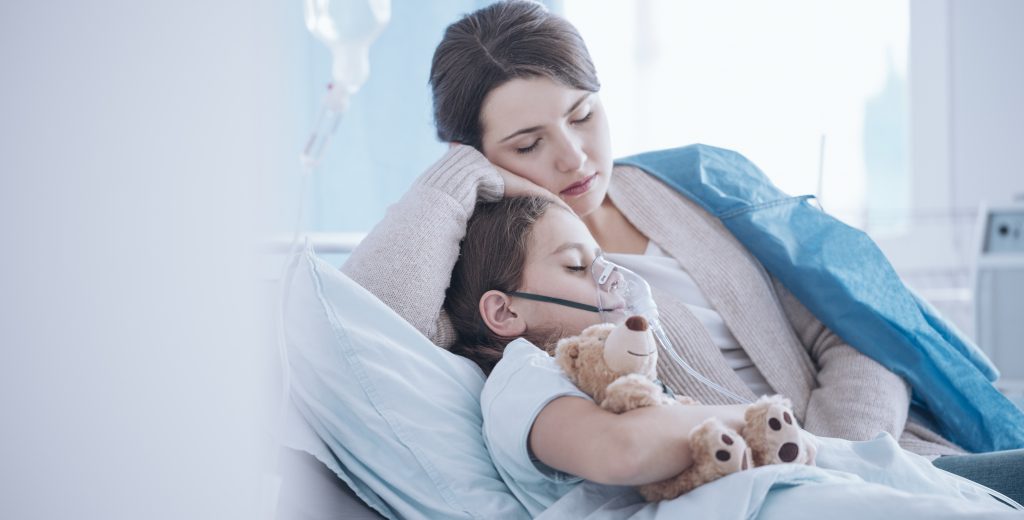Sometimes a child develops a severe illness and can’t be treated with at-home care alone. These situations can be frightening for the parent and for the child, especially when it’s unclear what is making the child sick.
Understanding the Threat of Group B Streptococcus Bacteria to Newborns and High-Risk Individuals
In the United States, Group B Streptococcus (GBS) bacteria are a leading cause of meningitis and sepsis in a newborn’s first three months of life. The bacteria may be passed from pregnant women to their babies during delivery, because about one in every four pregnant women carry GBS bacteria in their body.
How Has The COVID-19 Pandemic Impacted Stewardship Efforts and Antibiotic Use?
Diagnostics can play a role in stewardship throughout the pandemic by facilitating a quick diagnosis of COVID-19 and identifying if there is also a bacterial co-infection.
The Most Trusted Professionals in the U.S.: How Nurses Can Impact Antimicrobial Stewardship Programs
In the past, the development of antimicrobial stewardship efforts mainly focused on prescribers and pharmacists. Today, as the threat of AMR increases, there is growing recognition of the need for efforts to also focus on other stakeholders in antibiotic use—particularly nurses
The Value of Diagnostics in Combatting Antimicrobial Resistance – A Public Health Problem
At this year’s World Anti-Microbial Resistance Congress, Dr. Tristan Timbrook delivered a...
Lindsay Denny Discusses the Critical Role of WASH in Preventing Infectious Diseases and Fighting Antimicrobial Resistance
WASH, which stands for water, sanitation, and hygiene, are basic...






